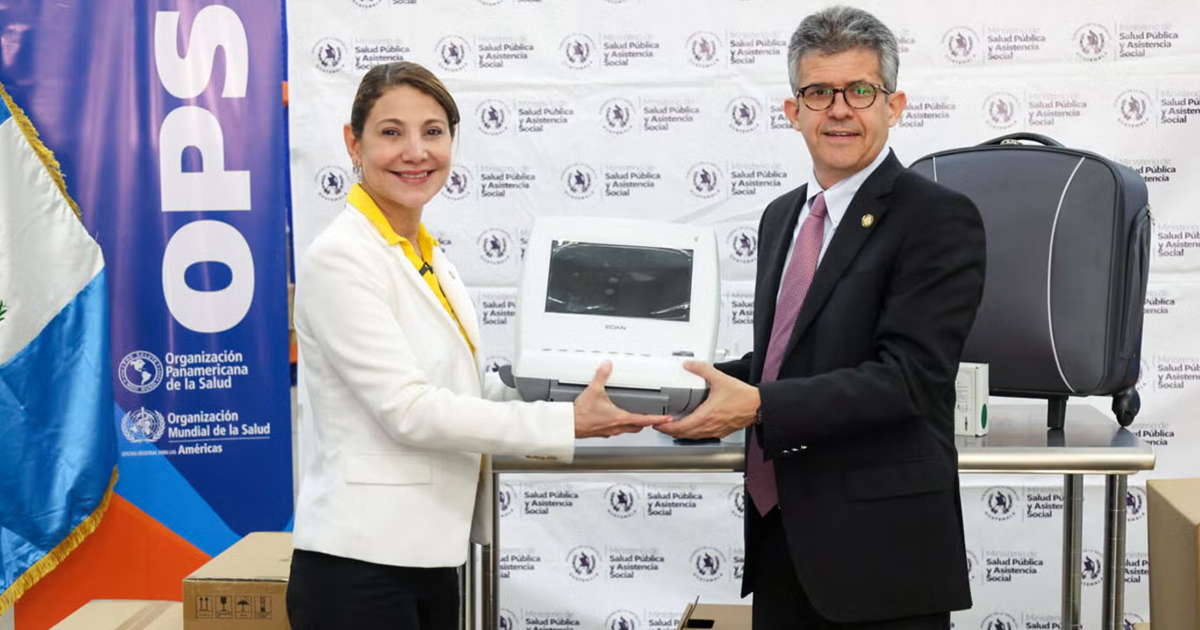Con el uso del software TrackCare, un sistema que funciona como reporte clínico electrónico, Escocia unificará su servicio de información en todos los consejos de salud que operan en la región. Se busca optimizar y modernizar los procesos.
Escocia ha comenzado a expandir el uso de Reportes Clínicos Electrónicos (EPR, por sus siglas en inglés, Electronic Patient Record) a lo largo de sus consejos médicos implementados por la NHS.
Hasta ahora 12 de los 14 consejos lo están ejecutando de forma colaborativa con el sistema TrackCare, desarrollado por la empresa InterSystems, el cual funciona para brindar información unificada de cada paciente para su seguimiento en hospitales y clínicas.
TrackCare busca modernizar los information systems clínica y minimizar los sesgos y errores que pudieran aparecer en los diagnósticos. También genera reportes vastos y resumidos que son conectados hacia diversos especialistas que lleven a cabo un seguimiento eficaz.
Gracias a esta implementación, se podrá mejorar la administración de historiales clínicos, analizar de mejor manera la evolución y padecimientos del paciente y optimizar los costos y tiempos.
Con esto, y de acuerdo con Intersystems, el nuevo software de EPR podrá trabajar con los datos del 95% de la población escocesa y será usado aproximadamente por 4,000 empleados del Forth Valley de Escocia.
Otro avance relevante es el índice general del historial clínico del paciente junto con su información detallada. Los sectores beneficiados con esta herramienta son los médicos, practicantes y pacientes. Se espera que el avance ayude a los servicios comunitarios como las prácticas de medicina general, la salud mental, y la enfermería comunitaria.

Escocia ha superado a Inglaterra en el uso y mejoramiento de Reportes Clínicos Digitales, según información de Digital Health Intelligence. Esto brindará al país un ahorro monetario importante al disminuir los costos de almacenamiento, transporte y seguimiento de los registros en papel; al mismo tiempo se alcanza un registro inmediato y efectivo de las admisiones, altas y transferencias de los pacientes; facilidad de obtener acceso desde la web, con alertas visuales e informes de los pacientes; organización de pruebas y acceso que facilitarán y reducirán pruebas; gestión del uso de camas en tiempo real, para el mejor aprovechamiento de los recursos de los centros médicos.
Es así como la implementación del Registro Electrónico de Pacientes (EPR) en Reino Unido, la Ficha Familiar en el Salvador, la Electronic Medical Record (HCE) en Estados Unidos y países latinoamericanos como Brasil, Argentina, Chile, Colombia, Perú, etc., significa un gran avance en lograr plataformas que permitan a los países mantener los registros médicos actualizados de cada uno de los ciudadanos.
Sin duda grandes pasos en el inicio de la digitalización de la salud con miras a poder convertir la red de información en una solución global.







